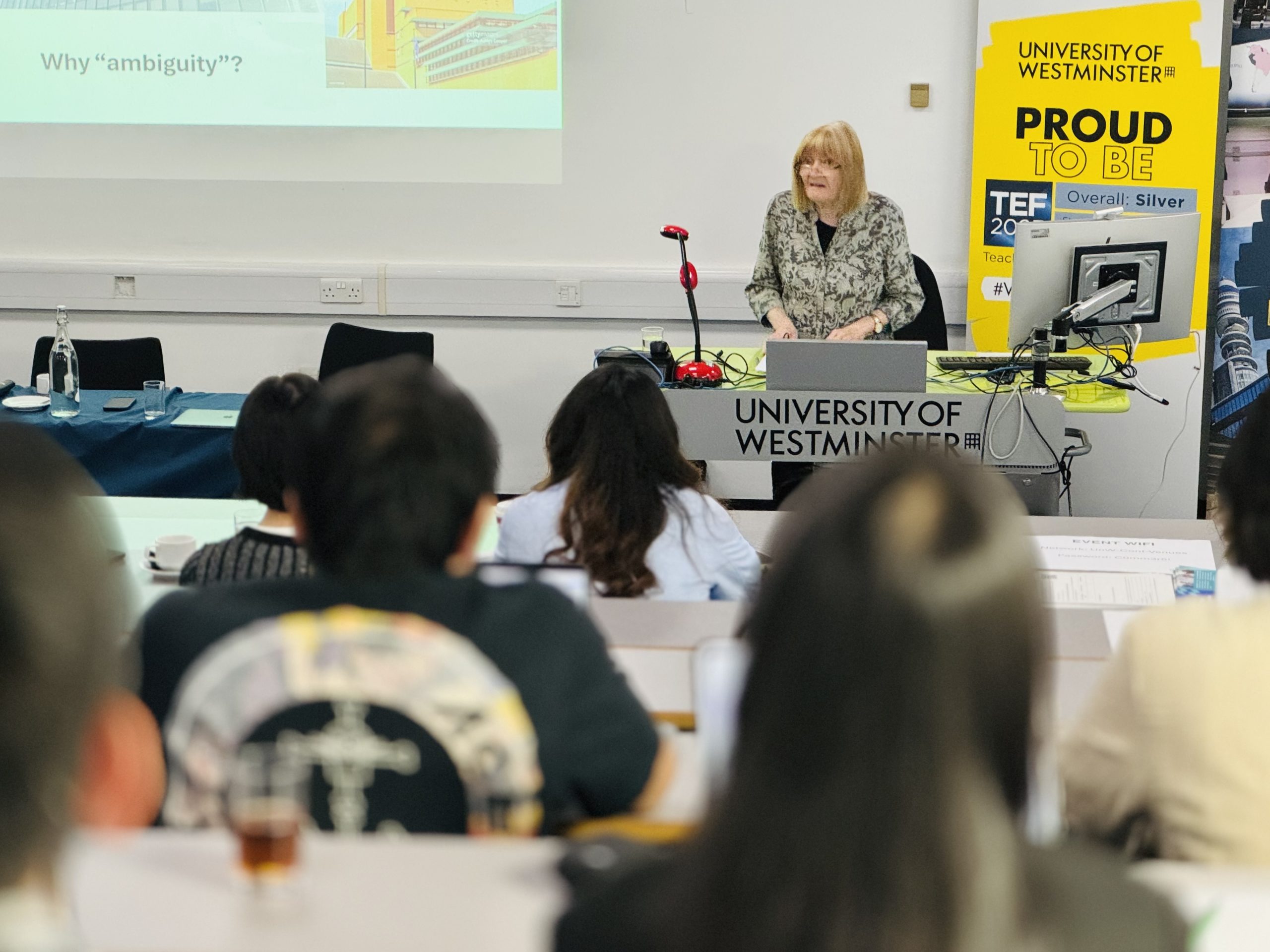CAMRI hosts international conference on media regulation
 In a groundbreaking event hosted by the Communication and Media Research Institute (CAMRI), leading experts from around the world convened to address the pressing challenges of regulating digital media in the Global South. The symposium, titled “Regulating Digital Media in the Global South: What Are the Challenges?”, shed light on the intricate balance between regulation and freedom of expression in developing regions.
In a groundbreaking event hosted by the Communication and Media Research Institute (CAMRI), leading experts from around the world convened to address the pressing challenges of regulating digital media in the Global South. The symposium, titled “Regulating Digital Media in the Global South: What Are the Challenges?”, shed light on the intricate balance between regulation and freedom of expression in developing regions.
The event, which took place at the University of Westminster’s Marylebone Campus, brought together policymakers, academics, and industry professionals to dissect the multifaceted issues surrounding digital media regulation in countries often overlooked in global tech discussions.
Dr. Doug Specht, who co-organised the event with Prof Tarik Sabry, emphasized the delicate nature of the topic. “We’re walking a tightrope,” she said. “On one side, we have the need to protect citizens from misinformation and digital harm. On the other, we must safeguard the fundamental right to free speech.”
Discussions throughout the even revealed a diversity of regulatory approaches across different nations. While some countries have implemented stringent controls, others struggle with outdated or non-existent frameworks. This disparity, experts argued, creates a complex landscape for both local and international digital media operators. The economic implications of regulation were also hotly debated. Several speakers warned of the potential chilling effect on innovation and investment if regulations are too restrictive. However, others argued that well-crafted policies could foster trust and encourage responsible growth in the digital sector.
Case studies from countries such as Brazil, Nigeria, and Indonesia provided concrete examples of regulatory challenges and successes. These real-world scenarios offered valuable lessons for policymakers grappling with similar issues in their own nations. As the event concluded, there was a consensus on the need for collaborative, nuanced approaches to digital media regulation in the Global South. “This isn’t a one-size-fits-all situation,” summarized Prof Tarik Sabry. “Effective regulation must be tailored to local contexts while adhering to global standards of digital rights and freedoms.”
The symposium marks a significant step in addressing the unique challenges faced by nations in the digital age. As the global community continues to grapple with these issues, the insights shared at this event are likely to shape policy discussions for years to come.
Photo: Natalie Walter






